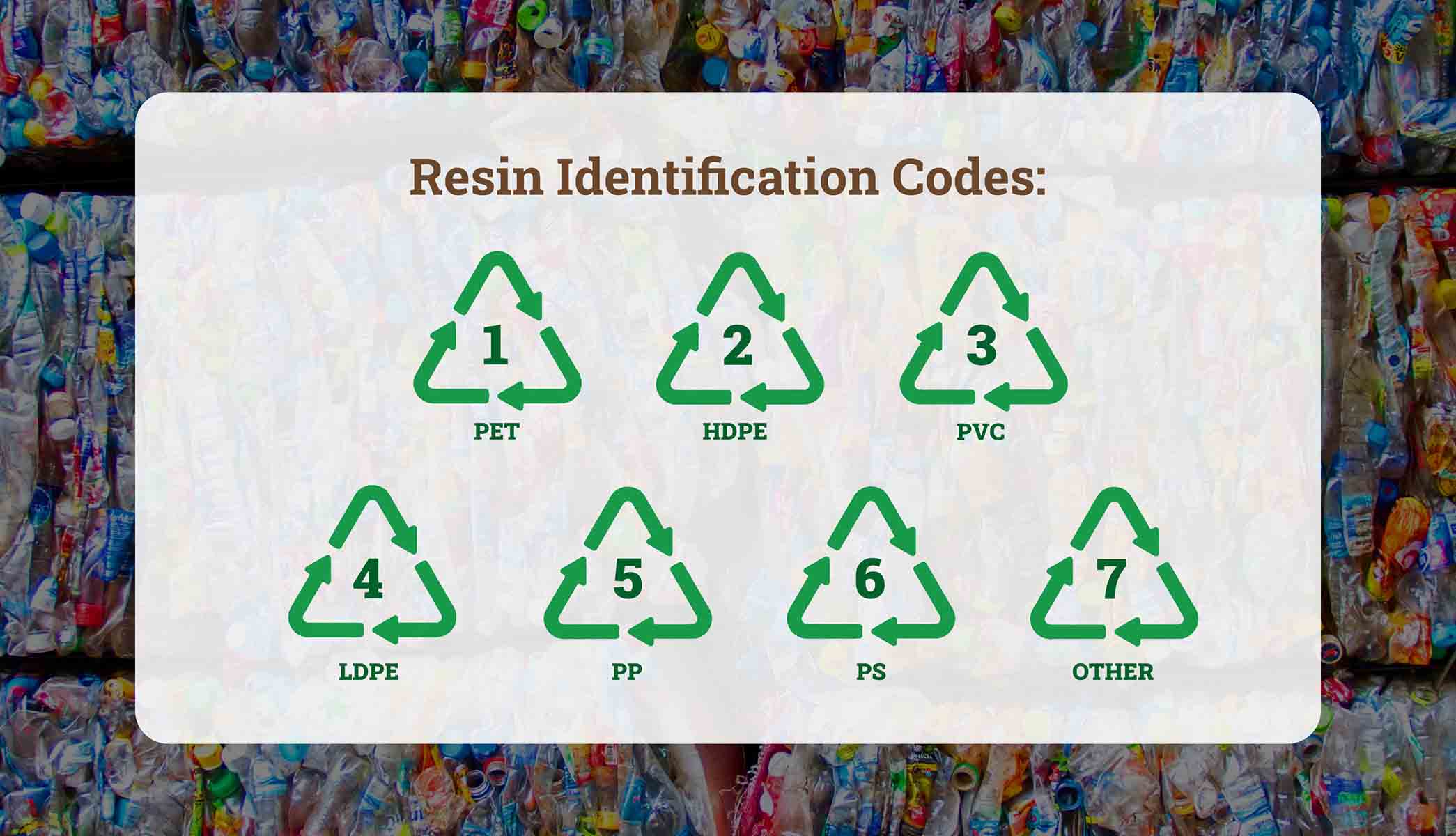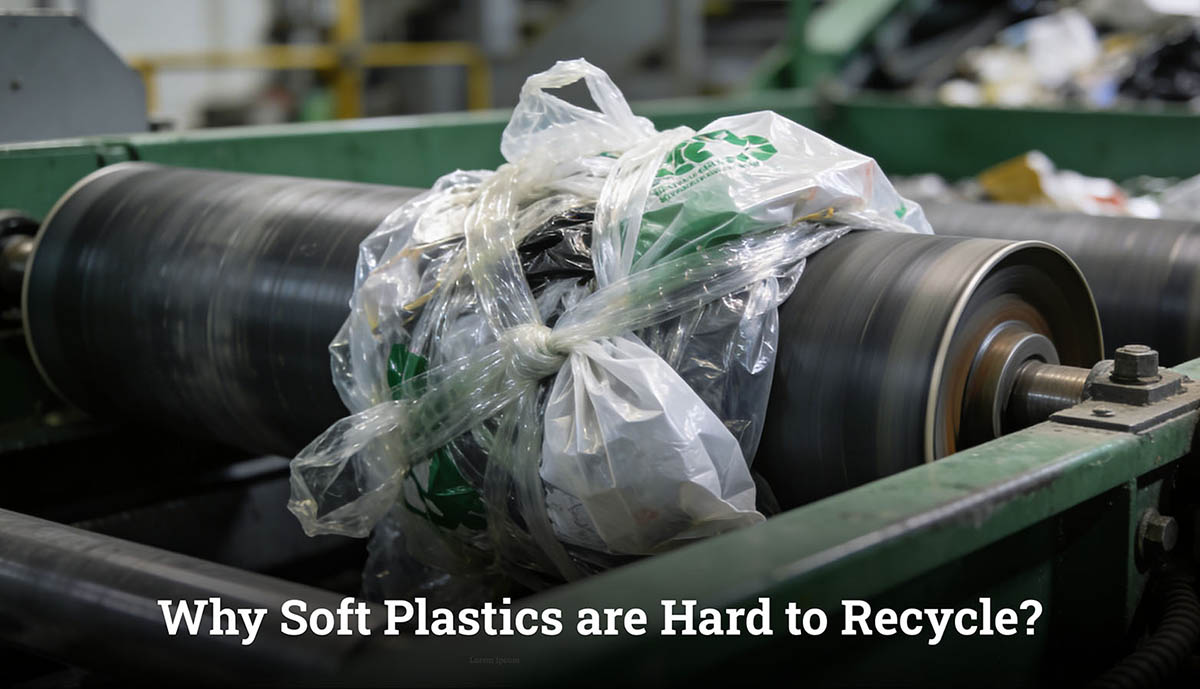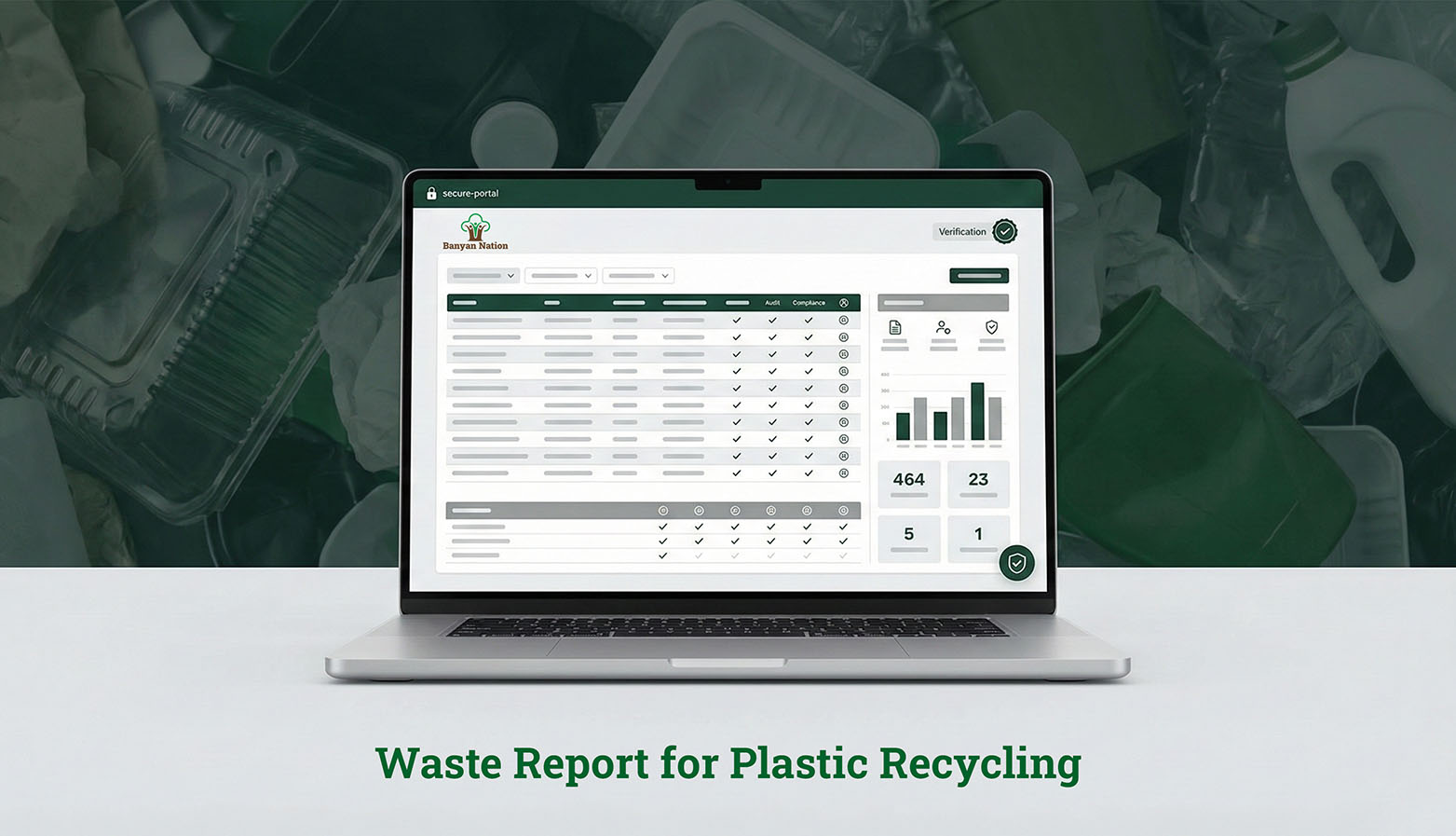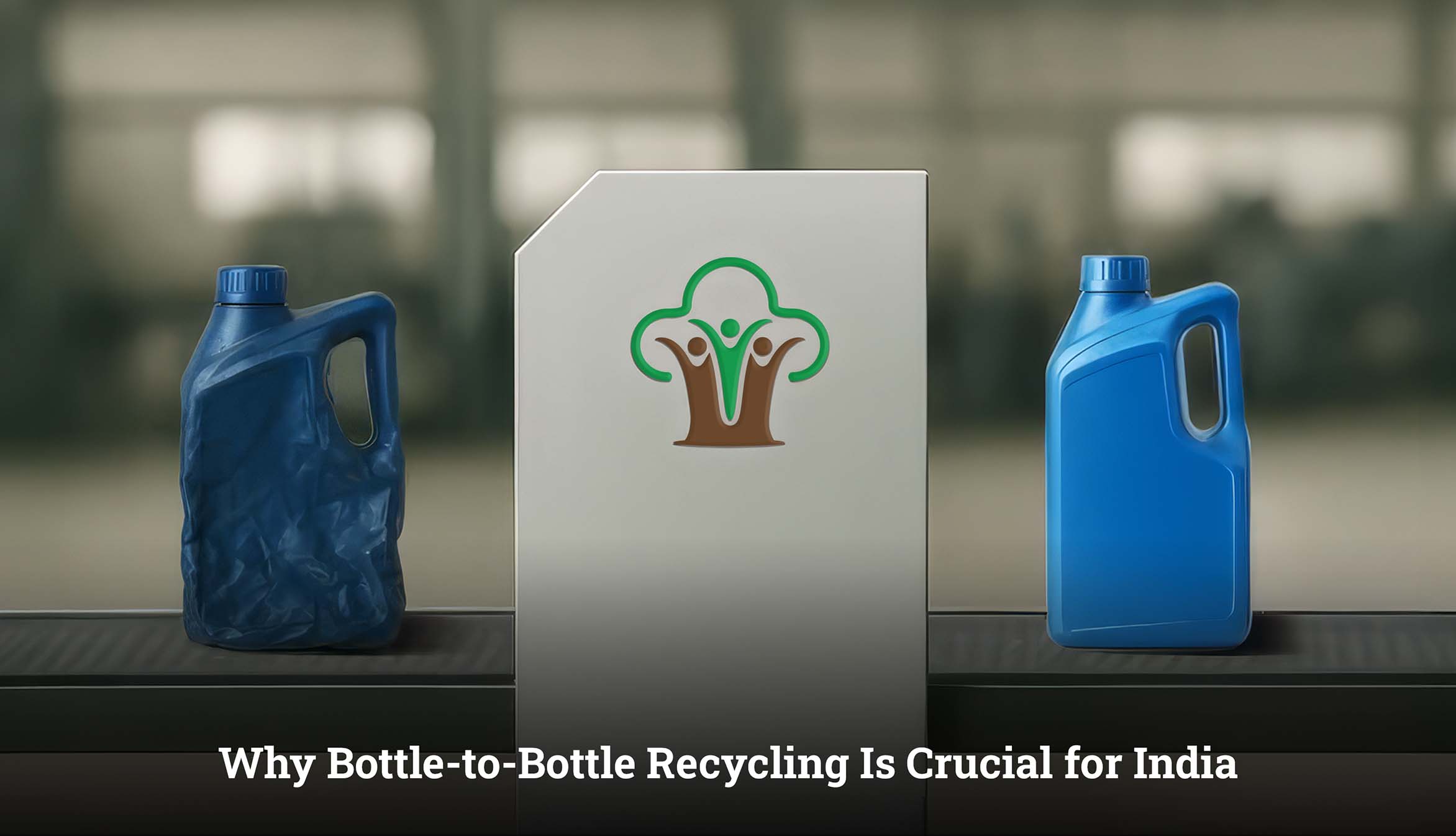Plastic waste is a major concern for the environment, and proper recycling is fundamental to alleviating the situation. Nevertheless, not all plastics have the same composition and, hence, their ability to be recycled might differ, this is where the Resin Identification Codes come in. The resin identification codes assist the waste managers in distinguishing between types of plastics and making informed recycling decisions.
The Resin Identification Codes (RICs) serve a very important role in the waste management and recycling efforts. In 1988, the Society of the Plastics Industry brought forth these codes, which then in later years were standardized by ASTM International for consistent classification of plastics. The codes provide a way of naming plastic materials based on the chemical composition of the plastic itself, which generally makes it easier for the recycling facilities, manufacturers, and consumers to sort plastics appropriately. The knowledge of these codes ensures proper choices on purchasing and disposing of plastic products by the people themselves and companies supporting efficient recycling systems to meet environmental sustainability goals.
What Are Resin Identification Codes?
The Resin Identification Code is a standardized numbering system that assigns numbers to plastic based on their structure and chemical composition. Created by the Society of the Plastics Industry in 1988 and standardized by ASTM International, the resin identification codes (RICs) describe types of plastics, which can be numbered from 1 to 7.
Each one refers to a certain type of plastic resin and this simple number code often allows consumers, manufacturers and recycling facilities to quickly identify and sort out plastic for easy processing.
Why Are Resin Identification Codes Important?
Resin Identification Codes represent a specific and intelligent approach to plastic waste management since they aid in sorting plastics during landfill processes. Different plastics require different levels of recyclability; therefore, this identification code helps to recognize which plastic is easily recyclable and which are not and need special processing-or cannot be recycled at all. The plastic resin identification code helps identify high-quality recycled materials, promoting effective ways to reduce plastic pollution and lowering our reliance on virgin plastic.
What Are the Different Resin Identification Codes?
Plastics are categorized into seven different plastic resin codes, each with unique properties and recyclability levels.
1. Polyethylene Terephthalate (PET)
- Application: Water bottles, soft drink bottles, food packaging
- Recyclability: Widely recyclable; often used to create rPET bottles, polyester fibers, and carpets
2. High-Density Polyethylene (HDPE)
- Application: Milk jugs, detergent bottles, plastic bottle caps
- Recyclability: Highly recyclable; used for making new plastic bottles, containers, and plastic lumber
3. Polyvinyl Chloride (PVC)
- Application: Cling wrap, pipes, vinyl flooring
- Recyclability: Rarely recyclable; contains harmful additives
4. Low-Density Polyethylene (LDPE)
- Application: Plastic bags, bin liners, squeeze bottles
- Recyclability: Limited recyclability; some collection points accept LDPE for recycling
5. Polypropylene (PP)
- Application: Yogurt containers, straws, bottle caps
- Recyclability: Recyclable; used in automotive parts, storage bins, and garden rakes
6. Polystyrene (PS)
- Application: Styrofoam cups, takeaway containers, plastic cutlery
- Recyclability: Difficult to recycle; some specialized facilities accept it
7. Other Plastics
- Application: Bioplastics, multi-layered packaging, polycarbonate bottles
- Recyclability: Not commonly recycled; may contain BPA or other complex materials
How Can Resin Identification Codes Help?
Understanding resin codes will aid consumers and individuals in making reasonable decisions on products’ use and disposal. The resin codes help individuals choose recyclable products and sort them accordingly, hence minimizing contamination in the recycling streams. With properly identified and processed plastics, efficient operations at recycling facilities can be facilitated with reduced costs and energy use. The system of resin identification codes will significantly help in reducing landfill waste and support the manufacture of high-quality recycled plastics, furthering sustainable environmental practices and responsible use of plastics.
Banyan Nation: The Leading Plastic Recycling Company in India
At Banyan Nation, we are a pioneering force in leading plastic recycling in India, leveraging plastic resin codes to sort and recycle plastics efficiently. We are committed to plastic waste reclamation and producing high-quality recycled granules for new products. Our initiatives have been instrumental in breaking ground for a circular economy in India that heals the environment from the pollution caused by plastics.
Conclusion
Knowing and utilizing plastic resin identification codes is a simple, effective step toward increasing recycling rates and saving the Earth. We can maintain a clean and greener planet by making wise decisions and contributing to organizations that encourage the responsible use of plastics. Next time you see a plastic identification code, look to see what the code is for recycling purposes so you know how to dispose of it properly.
FAQ's
Are all plastics labeled with Resin Identification Codes?
No, not all plastics have resin identification code recycling labels. While most consumer plastic products have these code symbols, some small, multi-material, or non-recyclable plastics may or may not possess the code.
Do Resin Identification Codes vary by country or region?
Although the basic plastic resin symbols for plastics (1–7) are widely used, recycling policies vary significantly between countries and geographical areas. While some locations have more comprehensive recycling systems that allow for the usage of a larger range of plastics, others may only allow the recycling of specific resin identification code groups.
How do Resin Identification Codes help in recycling?
Resin identification codes of plastics help in categorization of plastics, which improves the efficiency of recycling. Such codes help in providing instructions to recyclers for appropriate plastic handling that encourages recycling sustainability.


 Why Soft Plastics Are Problematic & Hard to Recycle
Why Soft Plastics Are Problematic & Hard to Recycle What Is Waste Reporting and Why Does It Matter in Plastic Recycling?
What Is Waste Reporting and Why Does It Matter in Plastic Recycling? What Is Bottle-to-Bottle Recycling? Why It Matters for India
What Is Bottle-to-Bottle Recycling? Why It Matters for India The Role of CSR (Corporate Social Responsibility) in Waste Management
The Role of CSR (Corporate Social Responsibility) in Waste Management What is Takeback Program & Their Role in Building a Circular Economy
What is Takeback Program & Their Role in Building a Circular Economy

